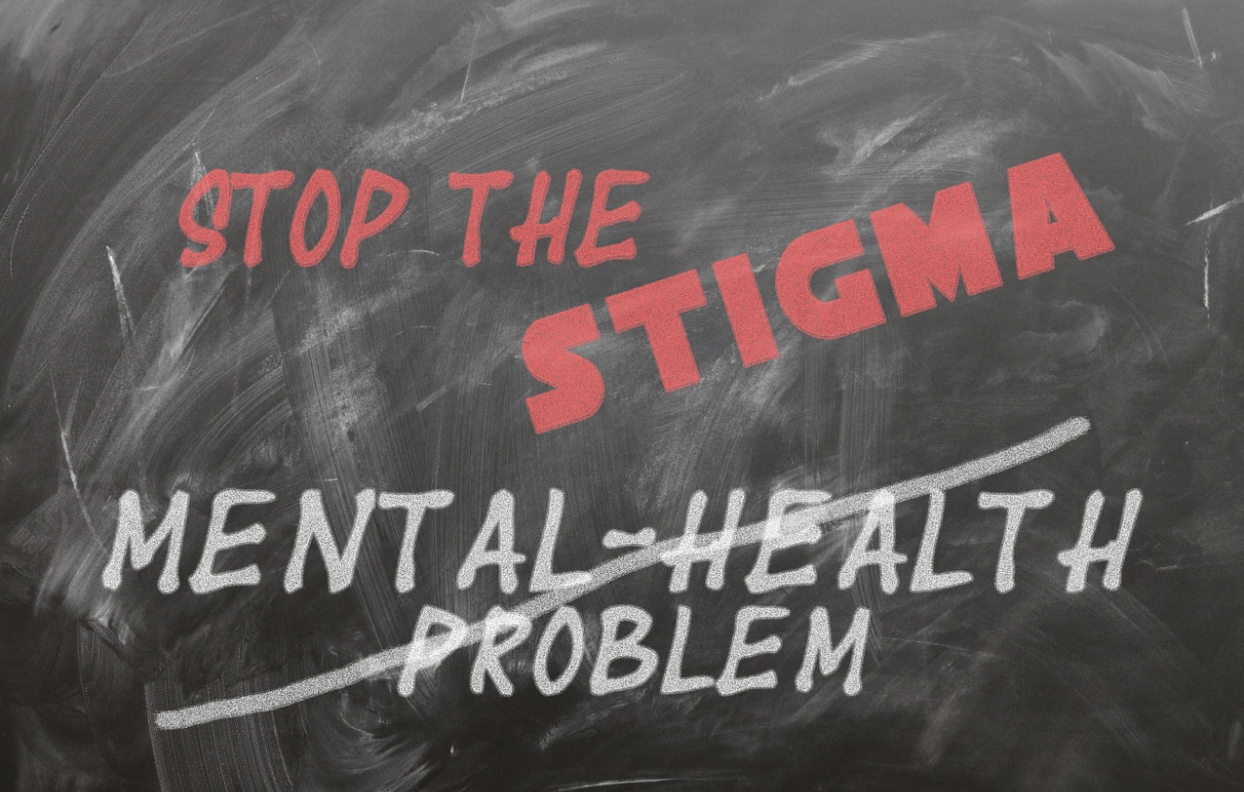
The stigmas of mental health and addiction are entirely unwarranted, based on what we know scientifically about both. There was a time when we knew little about mental health disorders or addiction. Due to that lack of knowledge, there was often a misconception that you were weak or lacked morals if you were experiencing these conditions.
Unfortunately, those concepts were also associated with many mental health conditions and addiction. These misconceptions stopped society’s progress in understanding these are diseases. As with other chronic diseases, mental health disorders require evidence-based treatment.
When you learn more about substance use disorder, it can help you break down the stigmas you may personally feel still exist. Breaking down stigmas on an individual level can help you realize it’s okay to seek help.
If you aren’t personally struggling with addiction or behavior disorders. Still, your loved one is, you can be a more effective support system for them when you learn more about the disease of addiction or a mental illness.
Why Do Stigmas Exist?
Chemical dependency or an addiction to substances is a chronic brain disease. When you have a substance abuse disorder, your brain compels you to seek out and use a substance.
- From the early 1800s, we know there was a harmful view taken on substance abuse and mental illness, although it likely started well before then. We have more records of how people with these disorders were described in places like medical literature from later periods.
- For example, by the early 1900s, people with alcohol addictions were described as moral inferiors. Their children were called born criminals, who couldn’t determine right from wrong.
- In 1914, there was the passage of legislation called the Harrison Anti-Narcotic Act. Addiction was criminalized, as were physicians who worked to treat substance use disorders.
- Even in more modern times, the stigma of addiction and mental health has been reinforced. For example, in the 1970s the so-called War on Drugs started. There wasn’t a focus on treatment or rehabilitation, nor was addiction viewed as a disease. Instead, the war on drugs led to furthering criminalization of addiction. The results weren’t favorable, with the number of people going to jail for drug-related crimes have gone up enormously in the past few decades.
Recognizing these stigmas exist is one part of moving forward and away from these damaging viewpoints.
The Effects of Drugs and Alcohol on the Brain
When you use drugs or alcohol, dopamine floods your brain. That dopamine hijacks your reward system. Because of the effects on your reward system, you want to continue seeking out the substance that initially made you feel good. You may know there are negative consequences or that it’s not healthy, but you can’t stop.
- Your brain adjusts to the use of the substance through the development of tolerance.
- When your tolerance rises, you need larger doses of the substance to feel the same way.
- Your brain’s function and structure can be profoundly affected.
- You’re also eventually unable to experience pleasure from healthy, everyday activities.
There are decades of research work that demonstrate the reality of substance use. When you’re addicted to drugs or have an alcohol addiction, it’s not because you’re morally weak, lack willpower, or don’t want to stop.
Many people use recreational drugs or alcohol and never become addicted. Most people don’t. When you first use a substance, you don’t think you will develop an addiction. No one does.
Researchers have identified some of the key area’s addiction effects in the brain.
- Dopamine-containing pathways are the ones we know are most significantly affected.
- Short-term drug or alcohol use may cause minor effects in the brain.
- Long-term use causes significant brain changes that reinforce an alcohol or drug habit, like strengthening memory circuits associated with drug-taking.
- For years after someone stops taking drugs or alcohol, the brain changes can continue. That continuation is why addiction is a chronic, relapsing disease.
That doesn’t mean you’ll absolutely relapse with drug addiction or alcohol use disorders, but it does mean addiction requires treatment with relapse prevention in mind.
Understanding the Reasons for Stigma
Mental disorders and addiction often go hand-in-hand. These are co-occurring disorders.
People with mental illness are unlikely to get help for their condition, just like people with substance use disorders. Not getting help is very often due to the stigma or discrimination they worry they’ll experience.
There are different types of stigma that can affect you.
- Public stigma involves other people’s negative attitudes about mental illness or addiction.
- Then, there’s self-stigma, which is internalized shame you may feel.
- Institutional stigma is systemic and may mean you have limited opportunities because of your addiction or mental health issue. For example, there may be fewer treatment options for physical health conditions or less access to treatment. Even health insurance companies reinforce this stigma. Health insurance issuers can make accessing mental health benefits and addiction disorder services harder.
- Stigma can affect someone personally dealing with addiction or a mental illness. Stigma can also affect their families and loved ones.
- Culturally, stigma may be a significant issue too. For example, there’s an even greater stigma about accessing addiction or mental health treatment or seeing mental health counselors in some cultures. There can also be distrust in treatment systems, including mental health & addiction services.

The Consequences of Stigma
In mental health and addiction, arguably the most significant consequence of stigma is barriers to substance use treatment. Addiction is a treatable disease.
With successful treatment programs, you can manage symptoms and start your life in recovery.
You can retain your sense of control and live a self-directed life. Unfortunately, if you’re embarrassed or feel shame about your situation, you’re much less likely to seek help at treatment facilities or a mental health facility.
- You may worry about what people think about you, but addiction is a chronic, progressive disease.
- A progressive illness worsens over time, and more complications can develop.
- Other mental health disorders like anxiety and depression can also progress without treatment. This worsening of addiction and mental health disorders can contribute to a behavioral health crisis.
- The effects of stigma include low self-esteem, more difficulties at school or work, and a reduced sense of hope.
Stigma can lead to social isolation, bullying or violence, or the belief that you can’t do anything to improve your situation, reinforcing the idea that you shouldn’t get behavioral health care.
Addiction Treatment
We want to emphasize again that addiction is a disease and a treatable one. However, it’s nearly impossible to overcome a substance use disorder simply by deciding you want to stop. Treatment often includes a combination of therapy and medication.
Treatment and recovery have challenges, but you’ll find it’s worth it.
The opioid crisis has brought to our attention the effects of stigma in addiction services and mental health care more than ever. Tens of thousands of people are needlessly dying annually, in large part due to stigma.
Our goal is always to reduce these effects. Anchored Tides Recovery helps people with addictions and their loved ones learn more about substance use and overcome it. To learn more about mental health and addiction services, please call 866-600-7709. We can provide you with information about the addiction recovery process for a substance use disorder.































